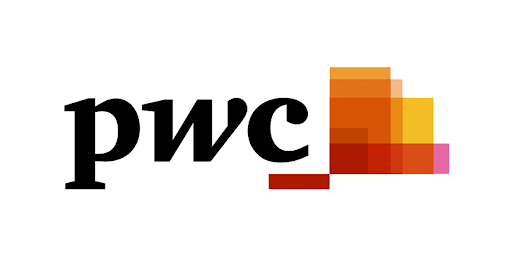One of the major challenges facing Nigeria’s real estate sector is the inability of successful governments to attract needed investments in the sector which has an estimated dead capital of $900bn.
Nigeria is said to have significant untapped business potential in its abandoned and underutilised property. These dormant assets are estimated to be worth over $900bn, according to PricewaterhouseCoopers Nigeria (PwC).
The international consultancy firm stated this recently in a report titled ‘Nigeria Economic Outlook: Seven trends that will shape the Nigerian economy in 2024’, adding that the country had as much as $900bn worth of dead capital locked up in residential real estate and agricultural land.
It added that the dead capital in the country included the federal government’s abandoned property estimated at N230bn.
- Kidnappers gun down Hotel owner, manager, guest despite N25m ransom
- Mob sets 2 ‘bandits’’ corpses ablaze in Kaduna
Worried by the development, the Ministry of Housing and Urban Development recently entered into a partnership with the World Bank to tackle the country’s land registration issues, with over 90% of land currently untitled, tying up an estimated $300 billion in untapped capital.
The initiative aims to register all land parcels within five years, increase formal land transactions from 10% to 50%, and establish a National Digital Land Information System (NDLIS).
The agreement was signed by the Minister of Housing, Arc. Ahmed Musa Dangiwa, and the World Bank’s Vice President of Infrastructure, Guangzhe, in Abuja.
According to the minister, “This is very important to our government as over 90% of land in our country is unregistered and untitled. Experts estimate a dead capital of over $300 billion.
“Through this initiative that we plan to implement with the World Bank, we aim to, amongst other objectives, register, document and title all land parcels within five years; develop and launch a National Digital Land Information System (NDLIS) and define a framework that makes it accessible to all stakeholders; increase the formalisation of land transactions from less than 10% to over 50% in the next 10 years; and train and deploy technically competent land registration officers nationwide,” he said.
These include improving the mortgage ecosystem, implementing a structured land titling system and providing urban planning support to help vulnerable cities manage challenges such as flooding and rising heat levels.
According to the statement, Minister Dangiwa highlighted additional areas of collaboration with the World Bank, focusing on urban livability and the housing value chain.
He emphasised that the implementation of the National Urban Development Policy is a key priority for the current administration, noting that the World Bank’s technical expertise is crucial to creating sustainable frameworks for managing urban areas and improving service delivery.
Also speaking, the Country Director of the World Bank, Ndiame Diop, assured that the outlined priorities would be refined and developed into comprehensive programmes.
Diop emphasised that addressing land registration, with 90% of land currently unregistered, is urgent for the sector’s development.
He also expressed satisfaction that the minister was already engaging state governments, which he described as crucial for success, and affirmed the World Bank’s readiness to provide financing and technical support to drive Nigeria’s housing and urban agenda.

 Join Daily Trust WhatsApp Community For Quick Access To News and Happenings Around You.
Join Daily Trust WhatsApp Community For Quick Access To News and Happenings Around You.
